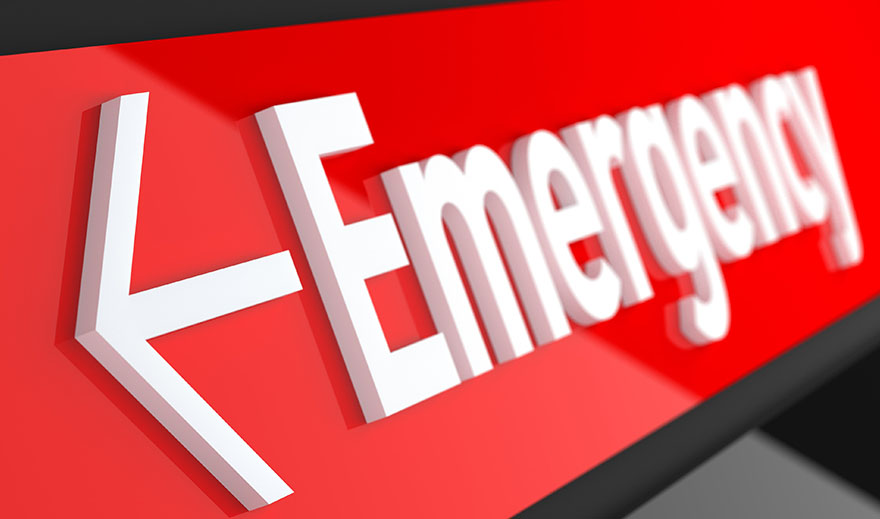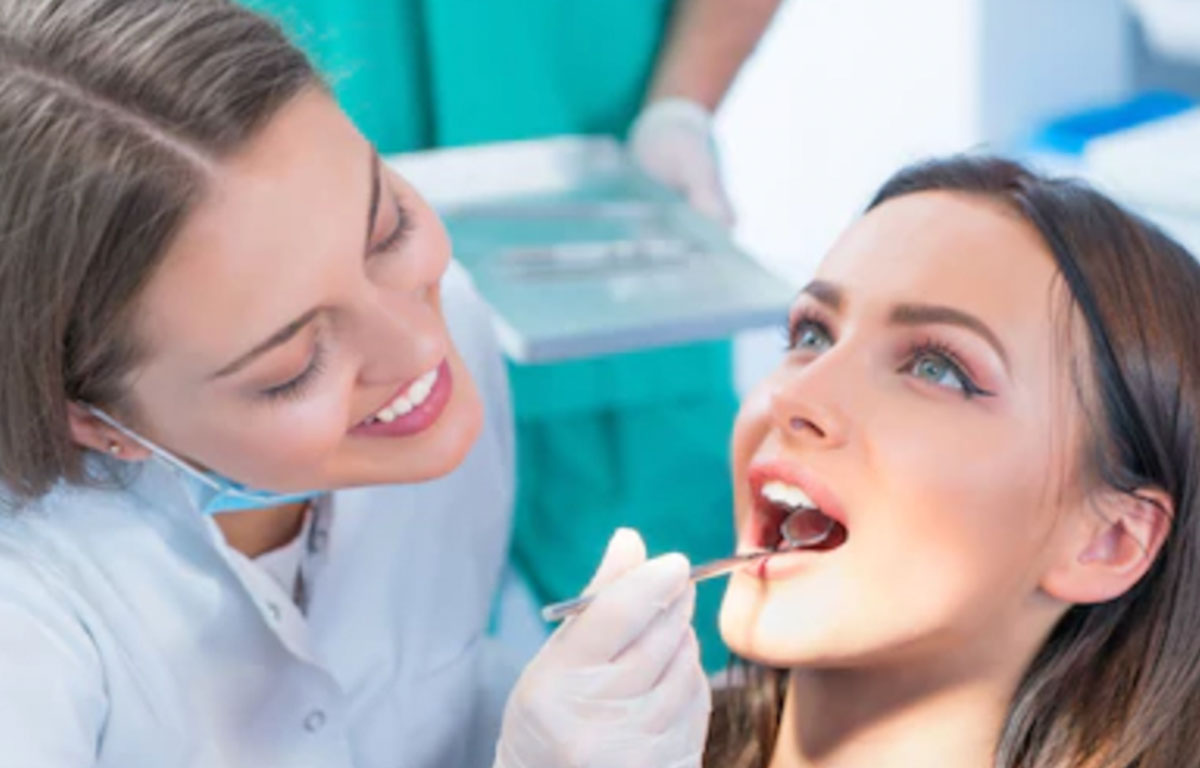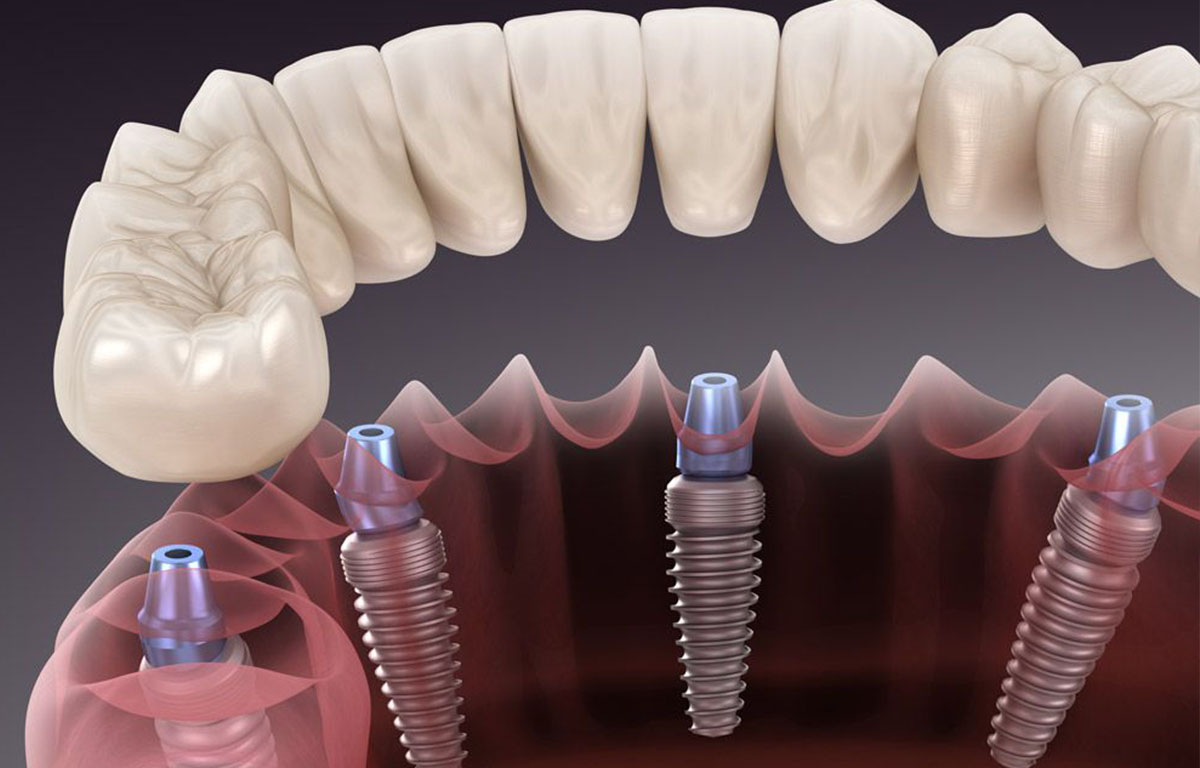
Dental Emergency at Antalya Dental Hospital, Turkey
Dental Emergency: What Are They, Benefits and Cost
In the dental clinic you can not only come to our outpatient service at any time from 8.30 in the morning. There is always someone available for you even after this ambulance service has ended.
We know what a nightly visit to the dentist entails and try to make your visit as pleasant as possible. We are happy to offer the follow-up treatments that are often necessary after the emergency therapy in our day services in the respective specialized departments of our dental clinic. The Antalya Dental Clinic is your central contact for oral health!
We are here for you. Always. And by always we mean 24/7.
Got a dental emergency?
Dental emergencies can happen to anyone. We know that some dental problems are often extremely painful or disconcerting. There are times when you need immediate attention, and we can help.
Urgent dental care comes in various forms – it can be treatment for toothache or injuries like a knocked out tooth, among other things. If you are experiencing any of the symptoms below, please give us a call right away.
Types of dental emergencies
- Painful swelling in your mouth
- Continued bleeding in your mouth after extraction or surgery
- Pain in your teeth, gums or jawbones
- Severe tooth sensitivity
- Gum infection that includes swelling or pain
- Broken, cracked or knocked-out tooth
- Any filling or crown that is chipped, broken or lost
- Any teeth issues that cause discomfort whilst eating
- Any mouth ulcers that cause discomfort
- Dressing change or removal of stitches
- Biopsy of abnormal tissue
- Cheek or gums that hurt from poking braces or wires
- Orthodontic brackets that come off
- Denture adjustment if you’re receiving radiation or treatment for cancer
It is important that we treat dental problems before they lead to more serious damage to your oral health.
If you need urgent dental attention after our clinic hours, we have an on-call team who will be happy and ready to help you.
Stay safe. We are here for you. Always.
We are committed to keeping you and our team safe.
We are taking every precaution recommended by the Antalya Health Authority and routinely follow gold standards in sterilization protocols to ensure that we keep our patients and our team protected, and to stop the spread of COVID-19.
Need more advice?
If you need free and impartial advice about your oral health, contact our Antalya Dental Hospital Helpline by email or call +90 242-999-1227 (local rate call in the Turkey).
Our Antalya Dental Hospital Helpline is completely confidential and has helped almost 20,000+ people. Contact our experts by telephone, email or online enquiry, Monday to Friday, 08:00 - 18:00.
Frequently Asked Questions About Dental Health
FAQs
Our FAQs are the most commonly-asked questions put to our Dental Helpline over the last year. If you have a question for us, you can ask our Dental Helpline by telephone or email. Alternatively, please take a look at our library of oral health information, which contains a wide range of oral health advice in an easy-to-understand Q&A format.
It all depends on the position and the shape of the roots. Your dentist will tell you how easy or difficult each tooth will be to remove after looking at the x-rays. Upper wisdom teeth are often easier to remove than lower ones, which are more likely to be impacted. Your dentist will say whether the tooth should be taken out at the dental practice, or whether you should be referred to a specialist oral surgeon at a hospital. Very occasionally there is a possibility of some numbness of the lip after the removal of a lower tooth. Your dentist will tell you if it is possible in your case.
Either a local anaesthetic – like you would have for a filling – or sedation will probably be recommended. A general anaesthetic – where you would be asleep – can also be used, but this will only be given in a hospital.
It is usually recommended that adults use a toothbrush with a small- to medium-sized head with multi-tufted, soft to medium filaments (bristles). These filaments should be round ended and made from nylon.
If you are a new patient, unless you have had dental x-rays very recently, the dental team will probably suggest having x-rays. This helps them assess the condition of your mouth and to check for any hidden problems. After that, x-rays may be recommended every 6 to 24 months depending on the person, their history of decay, their age and the condition of their mouth.
When you and your dentist are happy with the fit and appearance of the new crown, it will be fixed in place with special dental cement or adhesive. The cement forms a seal to hold the crown in place.
Your Best Smile Starts Here
Follow along as Antalya Dental Hospital expert dentists share the latest oral health trends that impact you and your family’s overall health. Dentistry and Oral Health Blog is a rich source of information about dentistry, dental care, tips, news and more. Subscribe to our blog, newsroom and social media.







